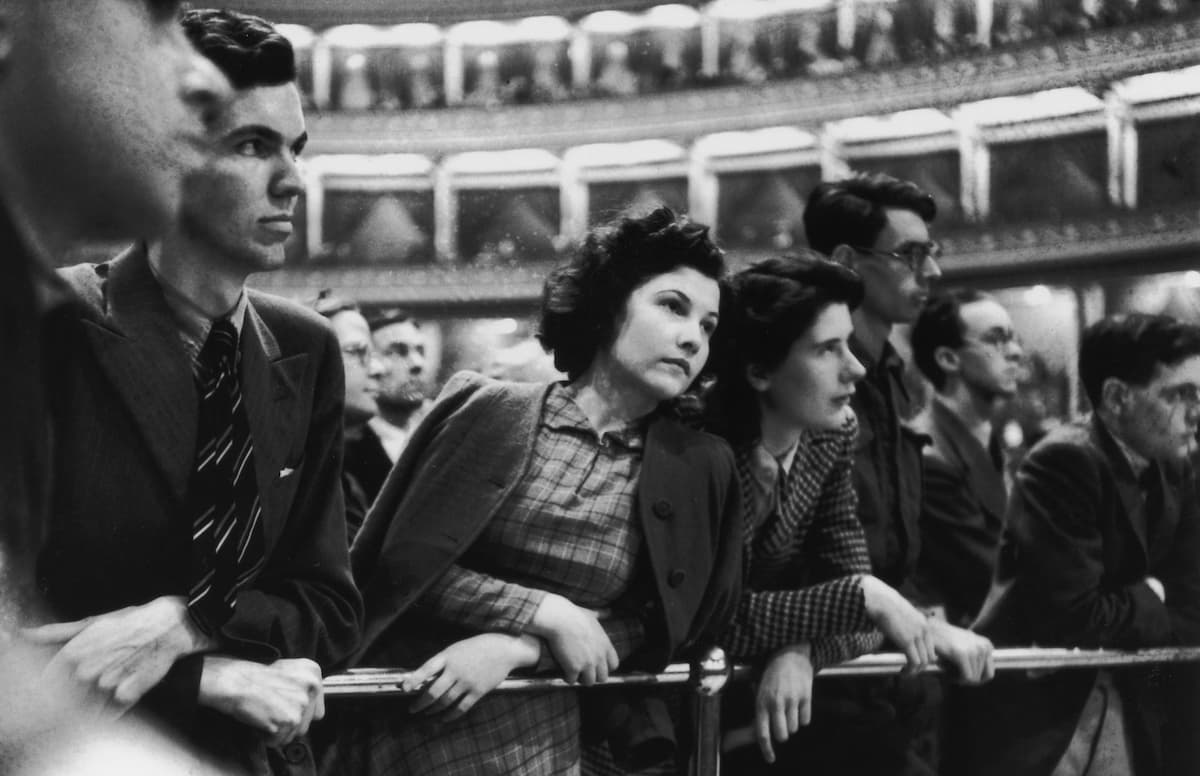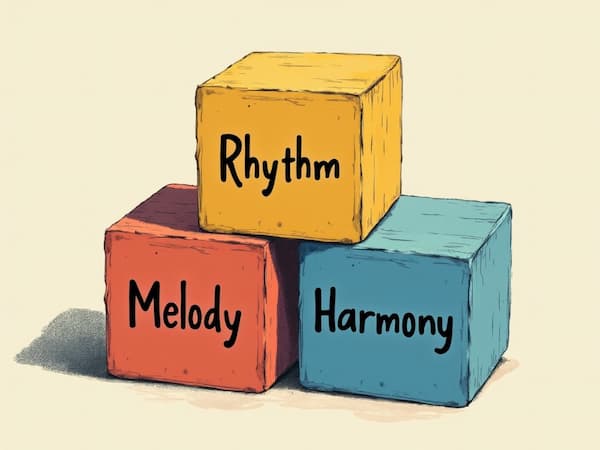A nerd is a person seen as
overly intellectual, obsessive, [or] introverted…. Such a person may spend inordinate amounts of time on unpopular, little known, or non-mainstream activities, which are generally either highly technical, [or] abstract….to the exclusion of more mainstream activities – Wikipedia definition

Prommers at the Albert Hall
The world of classical music is full of nerdy people, especially amongst its audiences. These people are also called fans, enthusiasts, geeks, obsessives, or weirdos, depending on your particular point of view, and most niche activities attract their own set of nerds – from cycling to computing, knitting to classical music.
There is nothing wrong in being a classical music nerd, and indeed being one may have some distinct advantages:
1. Enhanced listening skills: Being a classical music nerd means that you listen to music more actively and attentively. You are more likely to notice the nuances and subtleties of the music, including the dynamics, phrasing, and timbre. This can help to enhance your overall listening skills and make you a more discerning listener.
2. Increased cultural knowledge: Classical music is a rich and diverse art form with a long and fascinating history. As a classical music nerd, you will gain a deeper understanding and appreciation of the music, as well as the cultural and historical contexts in which it was created. This can help to broaden your knowledge and understanding of the world around you.
3. Improved cognitive function: Studies have shown that listening to classical music can improve cognitive function and enhance brain activity. As a classical music nerd, you are more likely to engage with the music in a way that stimulates your brain and improves your cognitive function.
4. Greater emotional intelligence: Classical music is renowned for its ability to evoke strong emotions in listeners. By immersing yourself in classical music, you can gain a greater understanding of the emotional content of music, which can help to improve your emotional intelligence and empathy.
5. Community and social connections: Being a classical music nerd can also provide you with a sense of community and social connections. Attending concerts, joining music groups or societies, and engaging in discussions with other classical music enthusiasts can help you to connect with like-minded individuals and develop new friendships and social networks.
Best moments from Last Night of the Proms 2019
Classical music nerdery also helps to debunk the notion that classical music is elite and shameful and exclusive to the select, highbrow few. Most classical music nerds are ordinary people who simply have a real passion and enthusiasm. Concert venues and promoters should actively support and encourage these people as they are the ones who are often the most regular and ardent concert-goers, who book a whole swathe of Prom concerts as soon as the new season is announced and support their favourite artists by attending concerts, not just in their home country but abroad too. While some classical music nerds may be regarded as “sticky fans”, there is no doubting their commitment – an addition to regularly attending concerts, these people also help spread the word by sharing their enthusiasm with others.

People queueing for Prom tickets
So if you’re a classical music nerd (as I am – and have been since my teens), don’t be shy. Embrace your nerdery and share it with others: you’re doing classical music a huge favour!
For more of the best in classical music, sign up to our E-Newsletter
Maurice Ravel: Le tombeau de Couperin – No. 4. Rigaudon (Linos Piano Trio)




